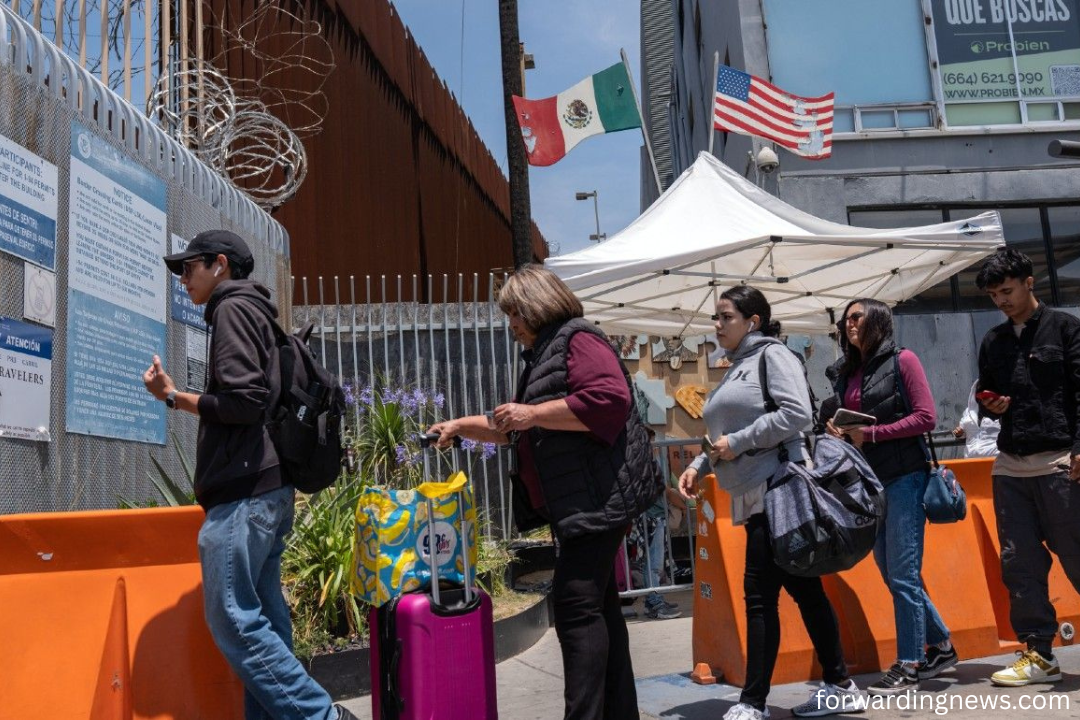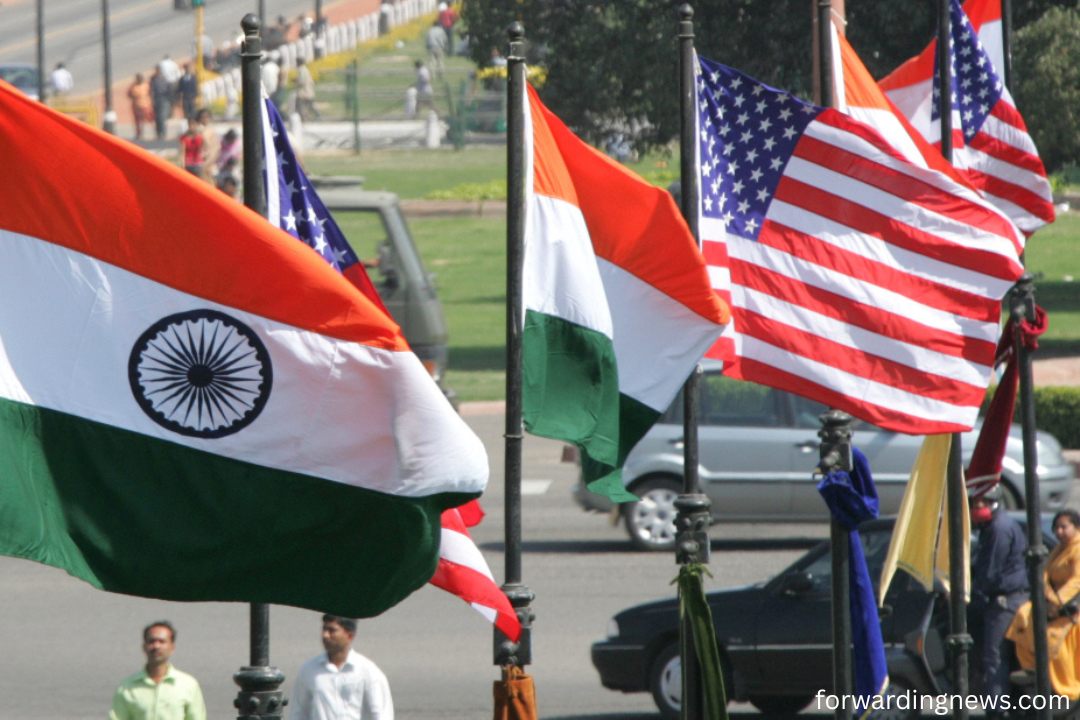Illegal immigration remains a pressing concern for nations worldwide. Recently, the United States has intensified its efforts to curb this issue by imposing sanctions on Indian travel agencies allegedly involved in facilitating unauthorized entry into the country. This move underscores the US government’s commitment to maintaining the integrity of its immigration system and addressing the challenges posed by illegal immigration.
The US Imposes Visa Restrictions on Indian Travel Agencies
On May 19, 2025, the US Department of State announced visa restrictions targeting owners, executives, and senior officials of certain Indian travel agencies. These agencies are accused of knowingly assisting individuals in illegally entering the United States, thereby violating federal immigration laws. The sanctions are enforced under Section 212(a)(3)(C) of the Immigration and Nationality Act, which permits the denial of visas to individuals deemed detrimental to US interests. Department spokesperson Tammy Bruce emphasized that this action is part of ongoing efforts to dismantle human smuggling networks and deter entities from exploiting the US immigration system.
Understanding the ‘Donkey Flight’ Phenomenon
A significant method employed by these travel agencies involves the ‘donkey flight’ or ‘dunk’ route—a term originating from Punjabi slang. It refers to circuitous and often perilous journeys undertaken by migrants to reach their desired destinations illegally. This route typically involves transiting through multiple countries with lax visa requirements before attempting to cross into the US. Unscrupulous agents exploit the aspirations of individuals seeking better opportunities abroad, charging exorbitant fees with promises of safe passage. However, many migrants find themselves in dire situations, facing detention, deportation, or worse.
Impact on Indian Migrants and Families
The repercussions of illegal immigration are profound, affecting not only the migrants but also their families. Many individuals, lured by the promise of a better life, invest their life savings or incur substantial debts to fund these illegal journeys. For instance, a Haryana resident paid ₹43 lakh to a travel agent, only to face arrest and deportation upon reaching the US. Such incidents highlight the human cost of illegal immigration and the exploitation faced by vulnerable populations at the hands of deceitful agents.
Indian Authorities Respond to the Crisis
In light of the US sanctions and the growing number of deportations, Indian authorities have initiated a crackdown on fraudulent travel agencies. In Punjab, a state from which a significant number of deported individuals hail, police conducted raids on 1,274 immigration firms, registered 24 FIRs, and arrested seven travel agents. Additionally, the Punjab government canceled the licenses of 40 travel agents in Amritsar following investigations into their involvement in illegal immigration activities. These measures aim to deter illegal immigration and protect citizens from exploitation.
Collaborative Efforts to Combat Illegal Immigration

The issue of illegal immigration necessitates a collaborative approach between nations. The US and India are working together to address the root causes and dismantle the networks facilitating unauthorized migration. Public awareness campaigns, stricter enforcement of immigration laws, and bilateral cooperation are essential components of this strategy. Organizations like the North American Punjabi Association have also called upon the Indian government to take decisive action against agents facilitating illegal immigration, emphasizing the need for immediate measures to prevent youths from undertaking dangerous journeys.
Frequently Asked Questions (FAQ’s)
What is illegal immigration?
Illegal immigration refers to the act of entering or residing in a country without proper authorization or documentation. This includes overstaying visas, crossing borders without inspection, or using fraudulent means to gain entry.
Why did the US sanction Indian travel agencies?
The US imposed sanctions on certain Indian travel agencies for allegedly facilitating illegal immigration by helping individuals enter the country through unauthorized routes or by using fraudulent documentation.
What is the ‘donkey flight’ method?
The ‘donkey flight’ (also known as “dunki”) is a term used to describe a complex and often dangerous journey taken by migrants through multiple countries to reach their final destination illegally, usually involving human smuggling networks.
How are Indian authorities responding to the issue?
Indian authorities, particularly in states like Punjab, are cracking down on fraudulent travel agents. They are conducting raids, canceling licenses, and arresting those involved in illegal immigration activities.
How can people avoid falling victim to fake travel agents?
People should verify the credentials of travel agencies, check for proper licenses, seek references from trusted sources, and avoid deals that seem too good to be true. Government-registered agencies offer more transparency and security.
What are the risks associated with illegal immigration?
Illegal immigration can lead to detention, deportation, financial loss, physical danger, and long-term legal consequences. Migrants may also become victims of exploitation and human trafficking.
Can someone be banned from entering the US for illegal immigration?
Yes, individuals involved in illegal immigration, including those who used fraudulent methods to enter the US, may face visa bans or long-term entry restrictions under US immigration laws.
What legal alternatives exist for migrating to the US?
Legal alternatives include employment-based visas, student visas, family-sponsored immigration, and diversity lottery programs. Consulting with licensed immigration attorneys or official government sources is highly recommended.
Conclusion
The US sanctions on Indian travel agencies underscore the seriousness of illegal immigration and the lengths to which individuals and organizations will go to exploit vulnerable populations. By addressing the issue through legal action, public awareness, and international cooperation, both the US and India aim to protect individuals from exploitation and uphold the integrity of their immigration systems.

